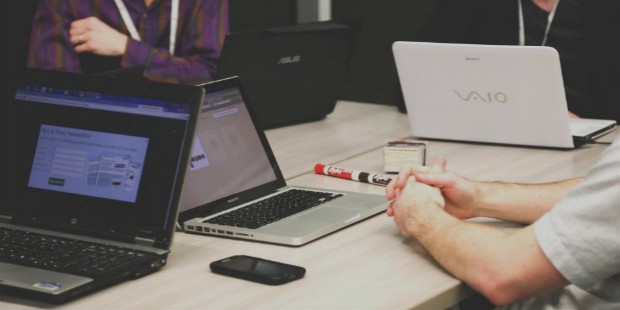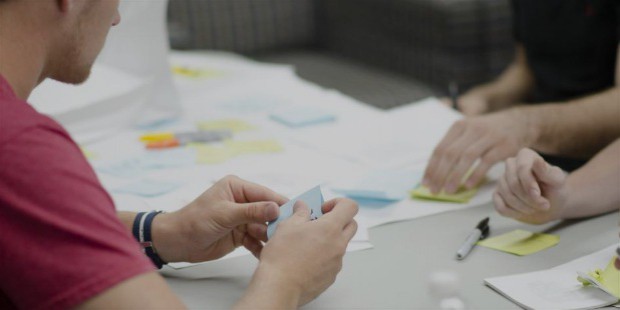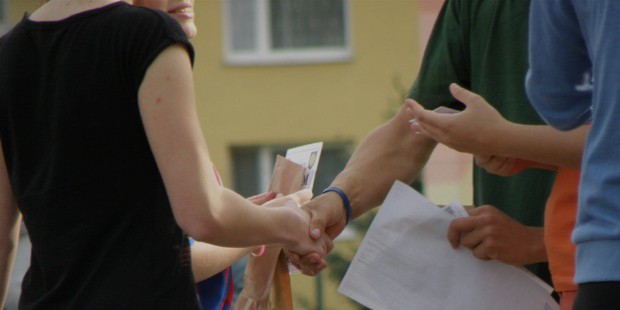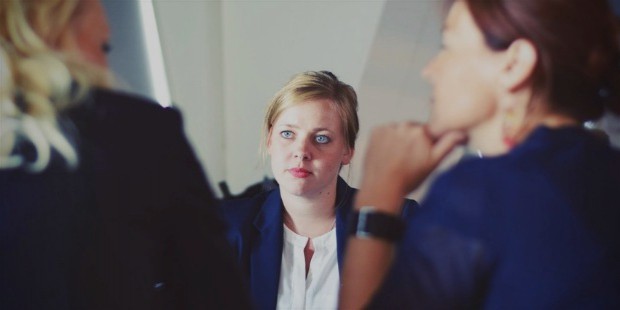How to Protect Teamwork from Becoming Groupthink

Organizations work on structural forms and are divided into teams at several stages of the department. While the role of division into teams is to better administer and improve the efficiency of work, it may come to harm if there is a general consensus based following in some of the teams.
Groupthink is referred to as collective loss of intellect wherein the group thinks in the same direction and disregards knowledge, researches, and opinions that go against the thought. Groupthink is one of the threats every organization on the globe goes through.
Several steps can be taken to protect teamwork from becoming groupthink:
1. Reduce Team Size

Keeping the team size small allows everyone to feel important and take part in the discussions. Larger teams usually have only one or two people speaking and making all the decisions. A small team also provides an impetus and better efficiency on the larger scale.
2. Decrease Discussion Time

If everyone on the team knows they have to carry the debate for a long time, they will feel deflated before the beginning. On the other hand, if they know the time is short and focus is on quality; they’re likely to make more effort and bring more arguments and knowledge on the table.
3. Outside Perspective

Keep introducing outside perspective into the meeting so that everyone is challenged equally. Being challenged makes everyone work hard to maintain their relevance. Once the process of thought and research starts, it continues to grow. All that is needed sometimes is a little spark which can be provided from outside. After all, even Newton’s law says that anything at rest continues to be at rest and anything in motion continues in motion unless an external force is applied. That external force can overturn groupthink.
4. Rewards for Quality Discussions

When in an organization, someone is rewarded for the quality they bring to the debate table, it charges everyone. They realize it is not a plain boring job anymore, but something that has its set of challenges and rewards. Rewards could also be given to teams instead of individuals so that the overall performance of the team improves.
5. Gather Information

Have a tab on the information before there’s any discussion. It will be helpful in knowing whether everyone is giving their best to the team or not.
6. Exit Strategies

While implementing anything set by discussion, let them also work on effective exit strategies. This will make them work hard and will help in avoiding the usual route wherein any group tends to fall into groupthink.
7. Reduce Processing Time

If there is any decision taken during the meetings, be quick in implementation. If people on the team can see their thoughts into action quickly, they’ll work more proactively than they would be doing otherwise.
All in all, it is about working hard and becoming more aware of the situation. Groupthink is something that can be a black hole for the department or the organization itself. It must be avoided at all circumstances, and positive methods should be introduced to counter them.









